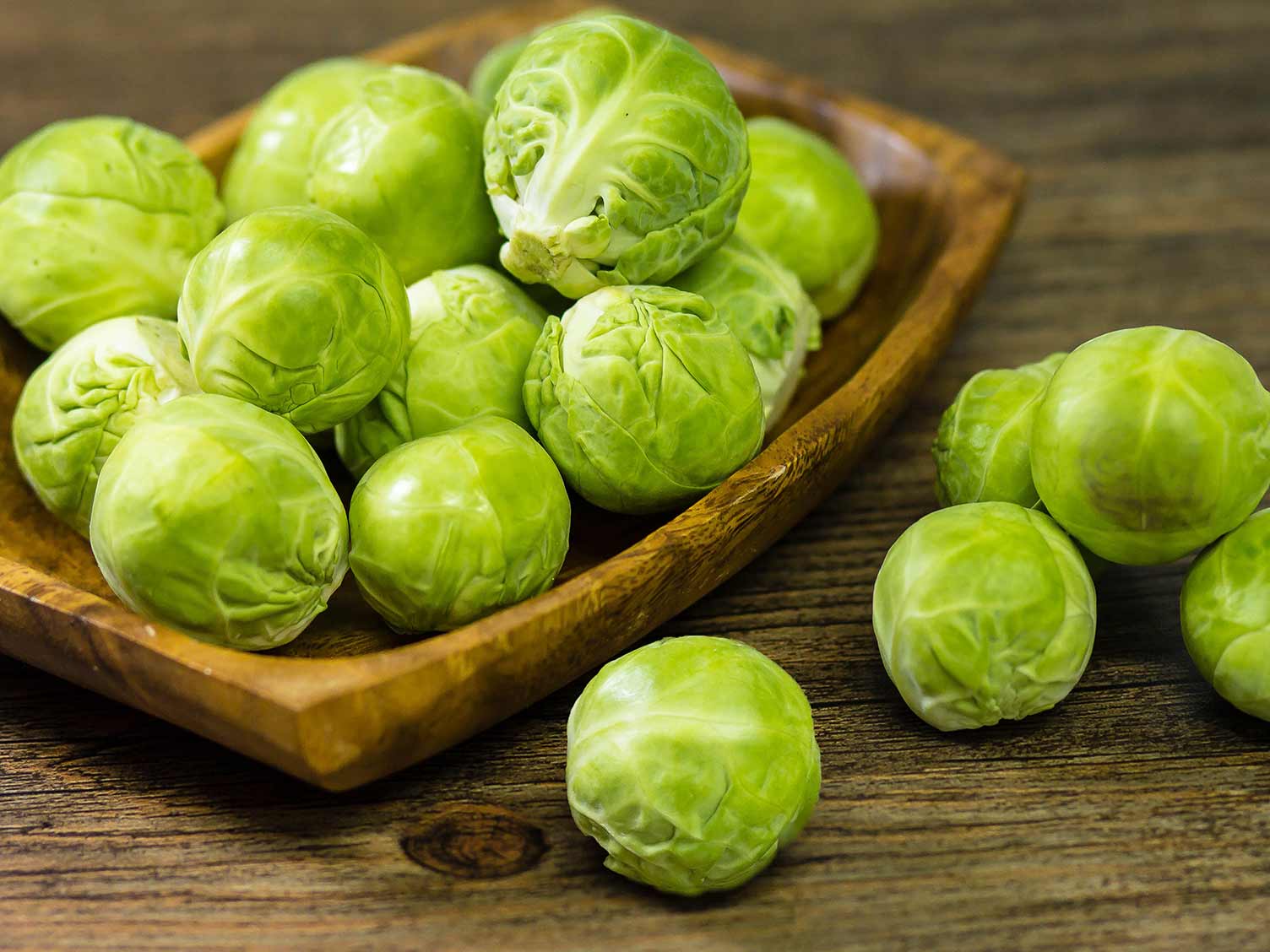



Article by: Hari Yellina (Orchard Tech)
This year’s Brussels sprouts harvest is now entering its second part, and that includes the one at Fruchthof Detter in Lower Austria. For many years now, owner Stefan Detter and his team have been supplying food retail outlets of the leading Spar chain throughout Austria with fresh Brussels sprouts from their own production. At the halfway point of this year’s season, we spoke with Mr Detter about this year’s marketing season and the challenges in Brussels sprout cultivation.
Before Christmas, it properly snowed in Absdorf in Lower Austria. Since then, however, spring-like temperatures of around 18-20 degrees have been measured in some places. “We had a lot of rain at the start of the season, in September. Some plots suffered heavily from the rains, but in general, it was a particularly good year for outdoor crops,” says Detter, who also cultivates leeks and carrots, in addition to Brussels sprouts. Due to the quantity replenishment, new Brussels sprouts promotions will be run again in the food retail sector in close consultation with Spar Austria in week 2.
Emergency approval in Brussels sprout cultivation
According to Detter, however, after the conclusion of the previous year’s season, the omens were rather bad. “The 2020/2021 season was by far the worst Brussels sprout campaign we’ve ever had, with losses of up to 50 per cent. Due to the problem with whiteflies, we had an extremely high number of complaints,” says Detter, looking back. In addition to all this, there were restrictions on the approval of plant protection products required for Brussels sprout cultivation, which is why, after intensive discussions, the decision was made to remove the cabbage florets from the product range.
However, after a necessary emergency approval, new investments in cultivation technology and plant protection, this far-reaching decision was withdrawn, which is why even nowadays Lower Austrian sprouts are sold as usual. And the interim conclusion is particularly positive, Detter emphasizes. “We did reduce our cultivation area from 17 to 13 hectares, in order to minimize risks. Because of the optimal weather, we’re enjoying an above-average Brussels sprout harvest, of great quality, so far.”
Increased appreciation for Austrian vegetables
Even in times of Corona, vegetables from domestic cultivation are well received by consumers, Detter observes. “Our Brussels sprouts hardly need any clean-up, which makes product preparation much easier. Even with a weaker crop, each harvester has to prepare 20 cups an hour to be profitable. That’s already a big market advantage compared to imported products.” While imported products from Holland and Belgium are still mainly marketed in net bags, the domestic, ready-to-cook products are available in paper trays.